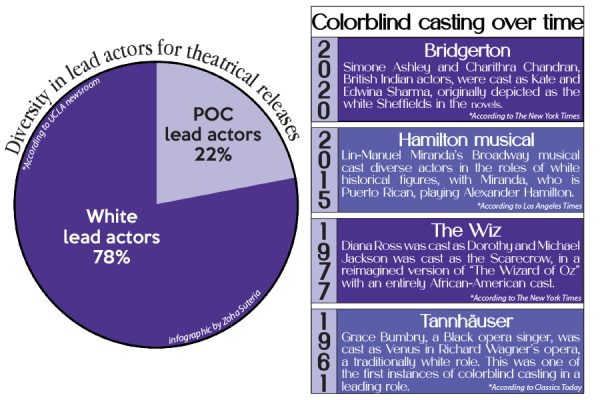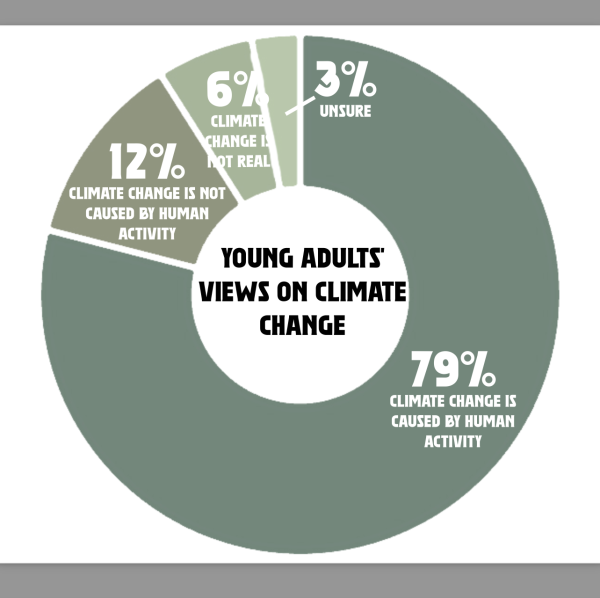Trump’s reaction to Khashoggi’s death proves detrimental to presidency
February 8, 2019
The Washington Post columnist Jamal Khashoggi had no reason to believe his visit to the Turkish consulate on Oct. 2 would last long. He was simply picking up marriage papers. He would leave the building two hours later, allegedly carried in garbage bags by members of a Saudi hit team. Two months later, he was the first person to be posthumously named Time’s Person of the Year. His portrait, framed in the magazine’s iconic red border, sits on coffee tables worldwide.
Khashoggi became the face of journalists under threat around the world, and emerging details of his grisly murder made headlines weeks and months after he was first reported missing. After CIA Director Gina Haspel testified to several senators in December regarding Khashoggi’s killing, they came to a definitive conclusion: Mohammad bin Salman, the Saudi crown prince, ordered for the writer to be silenced, as evidenced by statements to the press shortly after.
“He is a wrecking ball,” said one senator regarding the prince. “I think he’s complicit in the murder of Mr. Khashoggi to the highest level possible.”
It was a conclusion arrived at by virtually all in the intelligence community, except for one man: President Donald Trump. In an official statement, he said, “We may never know all of the facts surrounding the murder of Mr. Jamal Khashoggi. In any case, our relationship is with the Kingdom of Saudi Arabia.” The statement was sprinkled with the quintessential “America First!” slogan, but nowhere mentioned were the personal conflicts of interest between Trump and Saudi Arabia (of which he would eventually deny the existence on Twitter).
The details of these conflicts have been touted by the president himself. “Saudi Arabia, I get along with all of them. They buy apartments from me. They spend $40 million, $50 million. Am I supposed to dislike them? I like them very much,” Trump once said on the campaign trail.
It seems to him, his financial ties to Crown Prince Mohammad bin Salman and American-Saudi relations took priority over the life of a U.S. resident who had spoken out against authoritarianism across the globe. It’s easy to make jabs against the president, even for those who mirror him ideologically. And it’s become quite clear that Trump’s inept and egregious handling of the murder of Jamal Khashoggi can and will come back to haunt him, especially among his own party.
A perfect example of this already happening is the quote about the “wrecking ball.” The speaker was Sen. Lindsey Graham, a steadfast ally of Trump, who FiveThirtyEight.com, a website that does opinion poll analysis, says voted in accordance with the president’s position 90 percent of the time. Sen. Richard Shelby, who, as calculated by FiveThirtyEight.com, has sided with Trump on 94 percent of bills in the Senate, said that “All evidence leads back to the crown prince.” Open defiance from such staunch supporters of the president shows the blunder he has made.
It’s more than empty rhetoric, though. As the 115th Congress wound down in December, two bills intended to respond to the actions of the Saudis were proposed, both with Republican support. One aimed to end military assistance for Saudi Arabia in its war against Yemen and was sponsored by Republican Sen. Mike Lee from Utah, who FiveThirtyEight.com calculates voted for 78 percent of Trump-supported bills. According to the Clerk of the Senate, seven Republicans voted in favor.
If these senators continue to stand up to the leader of their party, it could indicate cracks beginning to form in Trump’s unswervingly loyal base.
John Kasich, a former Governor of Ohio who has said he is “actively thinking about” running against Donald Trump in 2020, expressed his disbelief at the president’s statements regarding Khashoggi’s death as a representative of the country in an interview with NBC.
“I just want to tell you that we’re in danger of seeing our moral standing in the world eroded,” Kasich said of Trump’s response to Khashoggi’s murder. “The hope for humanity is the United States of America and we say it’s all about some economic transaction.”
Trump’s immoral response to the death of Jamal Khashoggi could be a jumping point for Republicans like Kasich to shift the political intercourse of their party in future elections, and display the corruption of Trump’s character. If Kasich is able to hold his own, he may scrape away enough of Trump’s base to doom him in a general election, and historically, strong primary challenges against an incumbent result in one-term presidents, as in the cases of Jimmy Carter and George H.W. Bush.
Jamal Khashoggi’s murder and Donald Trump’s reaction shocked Americans on all sides of the political spectrum. It caused members of his party to publicly oppose him for the first time. It will not be the last, and as the 2020 playing field shapes up, it spells out danger for President Trump.














